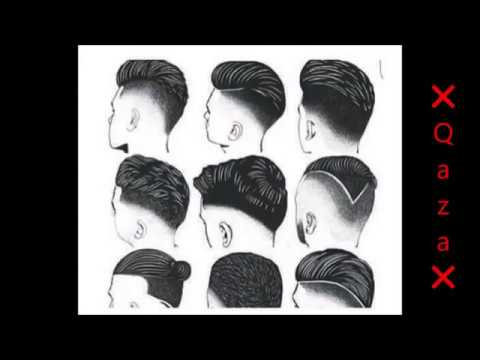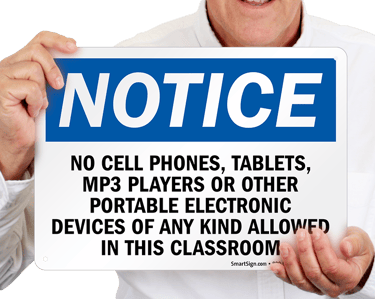STUDENT CODE OF CONDUCT
I. You must always speak politely to everyone, expressing yourself clearly and calmly.
II. You should move quietly and sensibly about the school. Do not barge into rooms or run about; rather walk at a fast pace.
III. You should be respectful and courteous to guests.
IV. Always keep to the LEFT when moving along the corridors.
V. Develop the habit of giving way to others.
VI. You should move quickly and quietly from one lesson to another. No running
VII. You should always act in a socially acceptable and responsible manner, whether in or out of school.
VIII. Noise is to be kept to a minimal level throughout the school premises.
IX. You must show respect to other people's property and never take what does not belong to you.
X. You should always try to understand and respect other people's point of view.
XI. Be tolerant of others who may be different from you.
1. Courtesy
Introduction
INTRODUCTION:
The Code of Conduct details expected behaviour among learners of Rowdha International School.
Objectives:
Although the government of Kenya is obligated to make education available and accessible, this must be enhanced by the dedication and commitment of responsible stakeholders, namely educators, learners and parents. This code of conduct is intended to promote such dedication and commitment at Rowdha International academy.
This code of conduct aims to establish a disciplined and purposeful school environment, which is dedicated to promoting and maintaining the quality of the learning process.
The code of conduct endorses the school’s mission statement. Learners and their parents/guardians are expected to acquaint themselves with the school’s code of conduct and its provisions. As soon as learners are enrolled at the school, they are subject to the code of conduct and must strictly adhere to it. Should learners transgress or violate the code of conduct, they will be acted against in accordance with the disciplinary procedure for learners.
We aim to provide an environment that ensures that our students grow and make good progress academically, physically, socially, and morally.We have a duty, therefore, to promote good behavior and discipline in our school.Our approach to discipline is what we refer to as 'A positive Approach'. Our focus is on reinforcing and rewarding good behaviour.
This is through a reward system that includes:
1. Verbal Praise
2. Positive comments
3. Merits
4. Mention in the Assembly
5. Award of Certificates and Medals
6. Colours
7. Prizes
8. Leadership roles
9. Nomination for different opportunities
10. Selection to participate in specific school programs/excursions
However, failure to abide by the principles of code of conduct or to obey school rules may result in punishments and sanctions. This may include:
1. Verbal and written warnings
2. Silent lunch
3. Time outs
4. Exclusion from a particular class, team, extracurricular activity or trip
5. Detention
6. Suspension
7. Permanent exclusion from school
At Rowdha International academy, we want our pupils to be of a strong character. They should be hardworking, patient, generous, tolerant, respectful, well-groomed, have a high sense of community, have good etiquette and deportment.
Our expectations on students are embodied in this code of conduct.
2. Use of Language
I. The school appreciates the role of vernacular languages to connect learners to their cultural origins. These languages will be encouraged in context, for example on special days in school. Learners with no English language skills will be encouraged to use their home languages as a medium to learn English. The school's official language is English.
II. Taught foreign languages such as Kiswahili, Arabic and others may be used in the respective language lessons or as directed by a member of staff.
III. Foul language or any rude gesture is strictly forbidden.
IV. Coded languages/localised vocabulary is not allowed in school.
All jewelry items, such as rings, bracelets (elastic or leather) or chains are prohibited.
Nails. Make up not allowed in school, except where it serves as part of a learning process e.g. school presentations/ skits.
Jewelry
3.Personal Appearance
I. You should keep the school clean and tidy so that it is a welcoming place.
II. Put all litter in the bins provided and make sure you separate it as appropriate.
III. Keep the walls clean, unmarked and free of graffiti
IV. Keep the furniture clean, unmarked and free of graffiti.
V. Take care of the Notice boards and any work displayed on them.
VI. Do not eat/drink in the classrooms, theatre, library, buses or labs.
3. The School Environment
It is the school's expectation that learners strive to maintain high standards of personal grooming. Any appearance of poor grooming will not be acceptable.( Refer to school uniform policy).
The prescribed school wear shall be worn during school hours as well as other school activities, as determined by the school management.
All hair must be cut at the same level. Dreadlocks
School wear must always be clean and neat. School shirts must be always tucked in.
Learners are expected to arrive at the appointed time at the beginning of the school day and the start of any other school activity. When learners arrive late, they must provide a written apology from their parents/guardians. Learners who arrive late must first report to the office before proceeding to their class.
Punctuality
Use of Mobile Phones
The use of cellphones during school activities is strictly prohibited. Calls may be made in emergencies only using the school’s phone and only with the school principal’s permission.
Unwanted Substance
The smoking, possession and/or use of tobacco products, nicotine-containing products, e-cigarettes, liquor, other alcoholic substances or drugs during any school activity, or when learners are dressed in school uniform, is strictly prohibited.
In case of a reasonable suspicion that learners have violated this code of conduct or the laws of the country, the school principal or another teacher, is entitled to search such learners and/or the property in their possession for any dangerous weapons, drugs or other harmful and dangerous substances, stolen goods or pornographic material that the learners may have brought onto the school grounds. Throughout, learners’ dignity will be respected, and therefore, the search will be conducted in private, by persons of the same gender, and in the presence of another person. The search process and outcome must be recorded.
9. Breaching the code of conduct:
Transgressions of this code of conduct may lead to suspension and/or exclusion from school.
ENFORCEMENT:
The head of school is the enforcement authority for this policy.
IMPLEMENTATION:
This policy will be effective from 1st September 2025. The Head of School will ensure that all teachers and students are made aware of the policy provisions. The head of school will also ensure that the parents are enlightened on the existence of this policy and that all communication is governed by this policy.
EVALUATION
This policy will be reviewed as part of the school's three-year review cycle.






